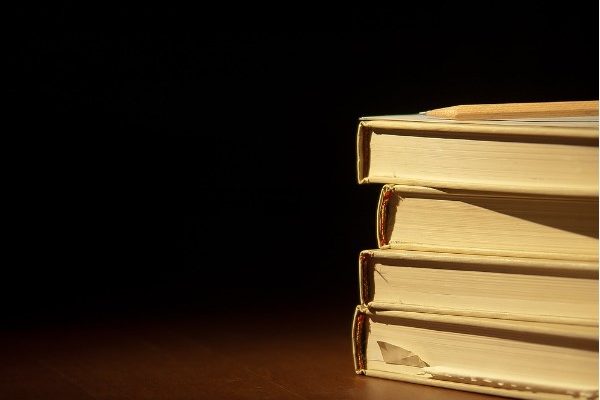Banning Books

Books
February 24, 2023
All over the U.S. books are being banned. In most cases it is because of sexual activity, or the exploration of sexuality. I don’t think these are good enough reasons to ban a book. Why shelter people from sexual assault or trying to find yourself through sexuality? These topics are majorly important and should not be hidden. If it really is such a big deal, then maybe there can be a way to put “trigger warnings” on books so people are aware.
There are many books also banned for being racist and if a book is racist that is an obvious reason to ban it, but it depends on the context of course. There was an author whose books were banned because he was writing children’s books about history you wouldn’t find in a textbook. How come schools are trying to hide history? I think in some cases we don’t cover certain history because this country is perceived as the best place and how we have so much power, but we don’t cover the times America lost. I think we need to stop protecting young kids from facts. These topics should be spoken about and brought up more because it is looked down upon too much.
There needs to be a change in the way people react to things they don’t like. People have gotten too sensitive to things, and they need to be toughened back up. Times have changed and we need to open up our minds to new concepts. Many young authors want to make books reflecting the times we are living and their experiences. If we keep ruining their chances to be heard, we are hurting the society we all live in.
There have been over 300 picture/kids’ books banned in schools including Captain Underpants by Dav Pilkey for “offensive language and violence”, Drama by Raina Telgemeier for “having LGBTQ characters”, The Giver by Lois Lowry for tackling issues such as euthanasia, dystopia, and suicide. There are many other books that are being banned for small reasons. I think having kids read these books will better their generation and make them aware of situations.
Our librarian Mrs Krogh said that no books were banned at our school, but in the past where she worked the school banned a geography club in 2005 for having LGBTQ content. There seems to be a running theme with removing things within that category. She also said that the administration, teachers, and students at our school are very supportive and do a great job. She also said “if you don’t like the book, then don’t read it.”
Banning and burning books have been around for many years and the earliest moment dating back to 259-210 B.C. when the Chinese emperor Shih Huang Ti was said to have buried 460 scholars alive to control the writing of history. During WWII the Nazis would make a pile of books written by Jews and light them on fire some of the authors burned were John Dos Passos, Albert Einstein, Sigmund Freud, Ernest Hemingway, Helen Keller, Lenin, Jack London, Thomas Mann, Karl Marx, Erich Maria Remarque, Upton Sinclair, Stalin, and Leon Trotsky. In 2019 the United States demanded that JK Rowling’s series “Harry potter” should be banned from all public libraries because of the use of “real” spells and curses and encouraged children to get into witchcraft.
According to this website these are the top 10 reasons a book is banned:
- sexual content (92.5% percent of books on the list)
- offensive language (61.5%)
- unsuited to age group (49%)
- religious viewpoint (26%)
- LGBTQIA+ content (23.5%)
- violence (19%)
- racism (16.5%)
- use of illegal substances (12.5%)
- “anti-family” content (7%)
- political viewpoint (6.5%)
Although it is difficult to get a book banned sometimes these cases make their way up to the supreme court. Going back to Mrs. Krogh’s statement I agree that if you do not agree with the book choices or views them do not read it and leave it alone. The book is not bothering you personally so why make it a big deal?